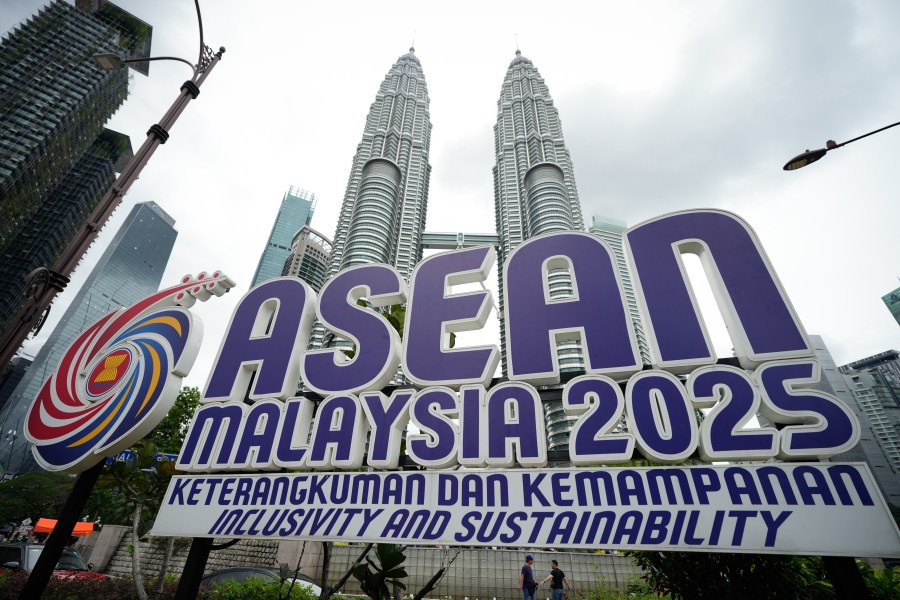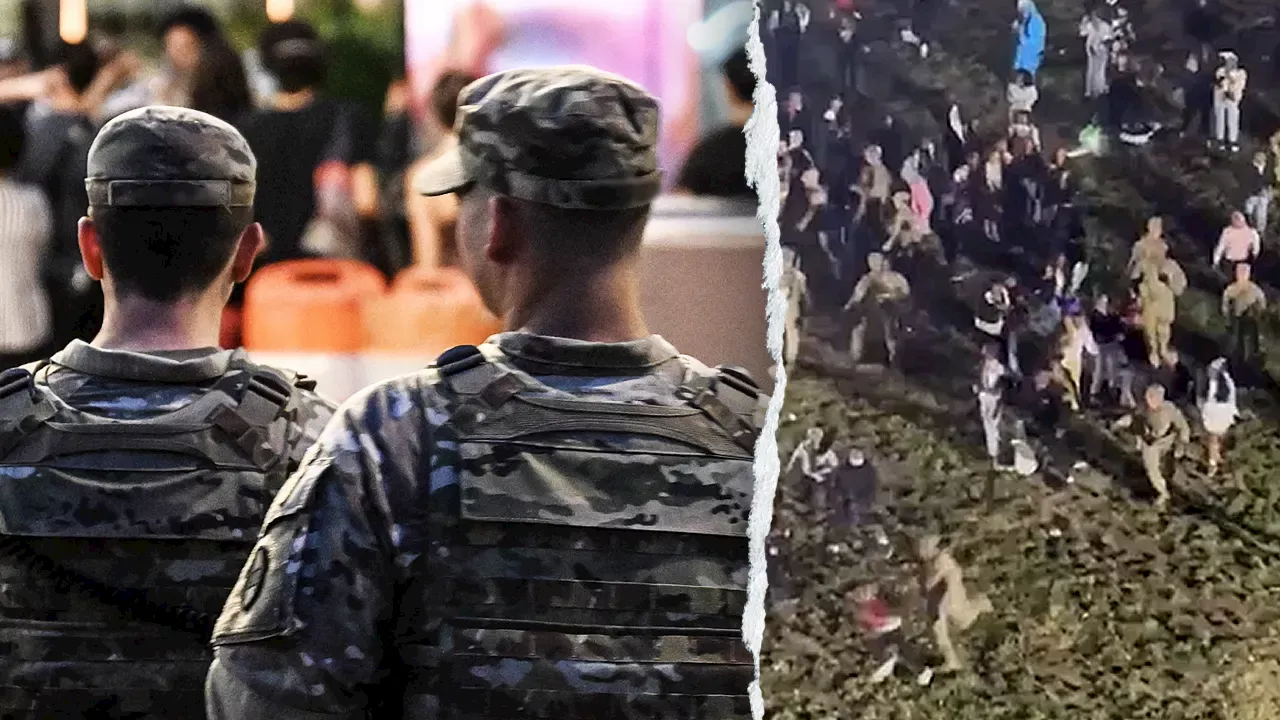UPDATE: A landmark ASEAN summit is underway in Kuala Lumpur, Malaysia, with East Timor officially joining as the bloc’s 11th member and U.S. President Donald Trump making his first trip to Asia since returning to the White House. The summit’s opening talks began earlier today, setting the stage for a series of crucial discussions on regional security and economic resilience.
This summit marks a historic moment as it is the first time in 26 years that ASEAN welcomes a new member. East Timor, with a population of just 1.4 million, has waited since 2011 for this moment, representing a significant step toward regional inclusivity. The nation’s journey from colonial rule and a brutal occupation to independence has been long but rewarding.
Leaders from across the region, including Chinese Premier Li Qiang and newly inaugurated Japanese Prime Minister Sanae Takaichi, are participating. The summit will also see the first leaders’ meeting of the Regional Comprehensive Economic Partnership (RCEP) since 2020, aiming to stabilize trade amidst shifting global dynamics.
Trump’s presence is particularly noteworthy; it is his first ASEAN meeting since 2017. Officials indicate that he will oversee the signing of a new ceasefire between Thailand and Cambodia, following recent border clashes. “Trump’s presence reflects a rare moment of direct U.S. presidential engagement in the region,” said Joanne Lin from the ISEAS–Yusof Ishak Institute.
Security has been heightened in Kuala Lumpur due to planned protests against Trump’s visit, particularly regarding his administration’s stance on the Palestinian issue. Malaysian Prime Minister Anwar Ibrahim has stated that peaceful demonstrations will be allowed but emphasized the importance of the meetings proceeding smoothly. He also intends to raise the unresolved Palestinian question directly with Trump.
The summit’s agenda includes pressing topics such as the South China Sea disputes, the ongoing crisis in Myanmar, and cross-border scams. ASEAN leaders are expected to sign an upgraded free trade agreement with China while continuing negotiations on a long-delayed code of conduct for the contested waters.
Despite the ongoing civil war in Myanmar, which has tested ASEAN’s unity, the bloc must navigate the complexities of legitimacy and dialogue as Myanmar plans elections in December. Critics argue these elections will not be free or fair, placing ASEAN in a challenging position.
As these developments unfold, the implications for regional stability, trade, and international relations are profound. The summit will conclude with a series of high-level engagements focused on building a cohesive response to current challenges, with global attention firmly fixed on Kuala Lumpur.
Stay tuned for more updates as the situation develops and the discussions continue at this critical summit.







